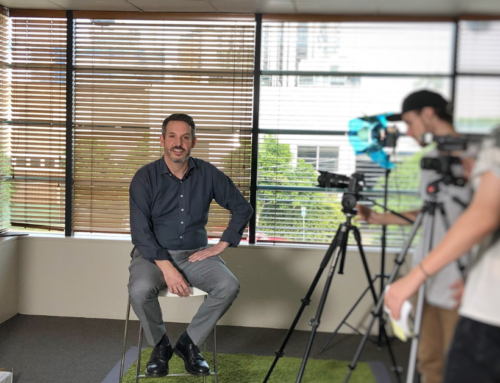One of the most critical aspects of Design is the concept of feedback. When the people we are designing for tell us what they value and don’t value about their experiences, and about our solution ideas, we are obliged to listen, because ultimately their experience is what determines our level of success. If we are open and truly empathise with the people we are designing for, the conversation that follows will be aimed at working together to find a better solution.
People who don’t subscribe to a ‘design thinking’ mindset, or don’t feel responsible for the current reality, often respond defensively to feedback. They refute the customer view and see the world differently, especially if they’ve been part of the system for some time, perhaps with a different point of view. In some cases, they actively avoid hearing the stories of others.
This is a common response among some business leaders and technical specialists when we conduct research with customers and share their feedback within an organisation. We ask customers questions like
- What is important to you?
- How do we fit into your world?
- What’s your current experience like? With us? With our competition?
Often the answers can be confronting, and people inside the organisation don’t like what customers are trying to tell them. They’re not open to an alternative point of view or what it means for how they need to behave and operate the business. They are simply not willing to empathise with customers.
In a social context, feedback comes in many forms. When members of society feel so strongly about an issue that they take to the streets in protest, they’re giving the rest of us feedback on their current and past experience. We can’t always personally relate to their situation, but that doesn’t make it untrue or invalid.
What would the news headlines of today be if everyone was open to other perspectives and prepared to empathise? What if we took ownership of the feedback we are getting about the status quo in our society? How would that change the conversation?
There are groups of people right now telling us that the current situation is not OK and that things need to change. What happens next comes down to mindset. If we are open to their perspective, ready to listen and empathise, and if we are prepared to continue the conversation in an effort to make things better, then we can be part of positive change.
Remember, the best designs work well no matter which perspective you’re looking from!


